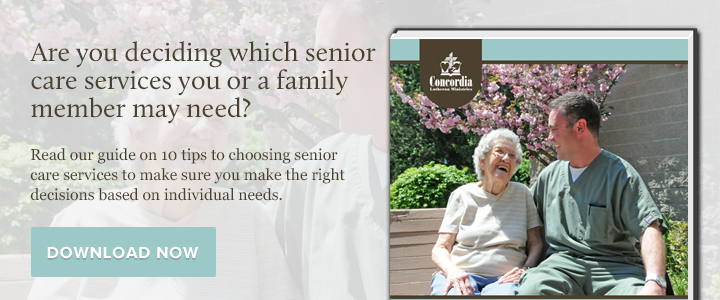Heart Health Tips for National Heart Month

Did you know February is Heart Month? And of course, it’s the season of love as well. It’s no coincidence that the two go hand in hand! So if you want to continue your Valentine’s Day traditions for years to come, heart health should become a priority.
According to the CDC (Centers for Disease Control and Prevention), every 43 seconds someone in the United States has a heart attack. The number annually is an astounding 735,000 Americans – and a majority of them are first-time heart attacks. One in five heart attacks are silent, and the person is unaware that a minor heart attack even happened and damage has occurred.
CAD (Coronary Artery Disease) is the leading cause of heart attacks. It causes plaque buildup in the arteries that supply the heart with blood, thus decreasing the blood supply. Being aware of the warning signs of a heart attack is important to increase survival rate.
The five major symptoms of a heart attack according to the CDC are:
- Pain or discomfort in the jaw, neck, or back.
- Feeling weak, light-headed, or faint.
- Chest pain or discomfort.
- Pain or discomfort in arms or shoulder.
- Shortness of breath.
If anyone is experiencing these symptoms, 911 should be called immediately!
Heart healthy living is important to keep our hearts beating the best that they can. Regardless if genetics, lifestyle or both play a role, healthy living can help decrease the chances of a heart attack.
Five healthy living tips to reduce your risk of a heart attack:
- Eating a healthy diet low in saturated fats and sodium: Some of the bigger offenders include processed meats, certain sauces and salad dressings (especially if soy sauce is a main ingredient), fast food, some canned vegetables, frozen pizza, and instant soups.
- Maintaining a healthy weight with a BMI (body mass index) of 24.9 or lower: The National Heart, Lung and Blood Institute has a simple calculator tool to check your BMI. You can also use the waist circumference measurement test. Women with a waist circumference of 35 inches and over and men with a waist circumference of 40 inches and over are considered “at risk.”
- Moderate physical activity for 2 hours and 30 minutes a week or more: That’s only 30 minutes a day for five days – you can do it! Find something you enjoy, like walking the dog, hiking, swimming or riding a bicycle.
- No smoking: Pretty self explanatory. By now we all know the dangers of lighting up.
- Limit alcohol intake to 2 drinks a day for men and 1 drink a day for women: We all know excessive alcohol use can lead to liver problems, but heavier drinking can actually lead to diseases of the heart muscle, called cardiomyopathy.
Striving to achieve healthy living in small steps will make the goal more achievable, and make it easier to incorporate into your every daily routine. For more information on heart attack or heart-related diseases, visit the Heart Disease section of the CDC website.
At Concordia, our hope is that everyone achieves their wellness goals. Sometimes a move to a senior living community can give seniors the tools to better care for their heart health. Visit one of our senior care locations in western PA or eastern OH to learn more. If you do suffer from a cardiac event and your doctor requires therapy services after your specialized cardiac rehab, Consider Concordia Outpatient Physical Therapy. You can contact us at 724-352-4535 or visit us online to learn more about our Outpatient Physical Therapy.
Get Updates From Concordia
There is always a LOT happening at Concordia! Would you like to stay up-to-date with our news and events? Sign up for our monthly e-newsletter here.